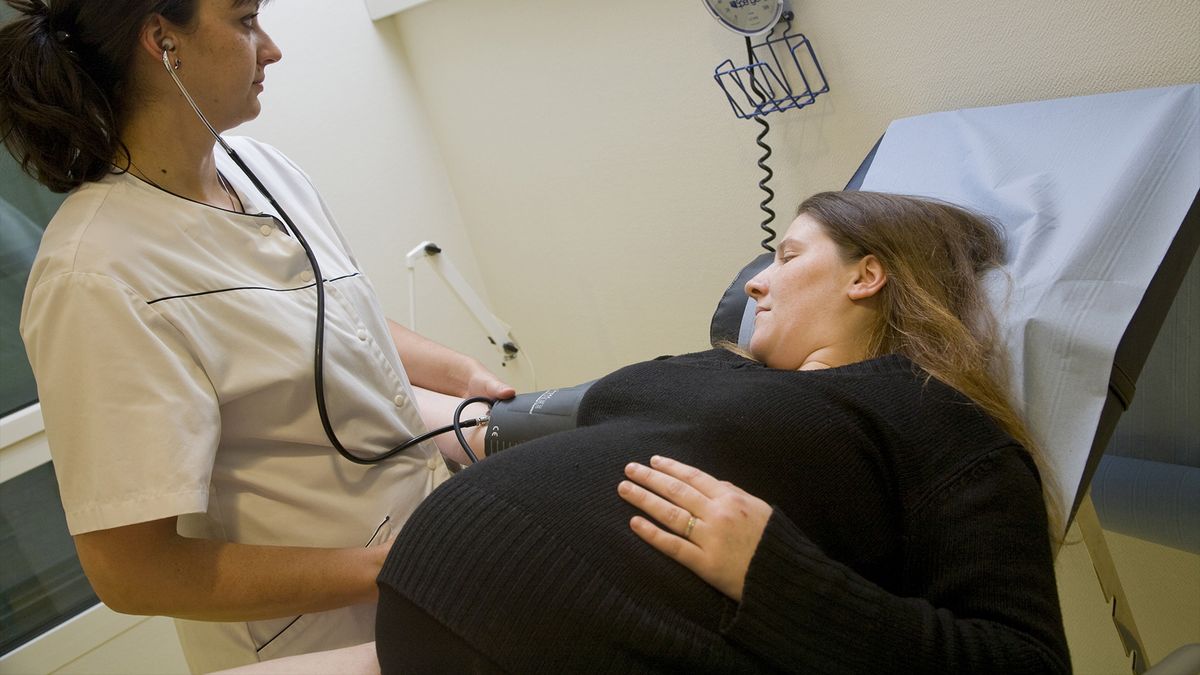A first-of-its-kind study published in the journal Science Translational Medicine has identified that "zombie cells" in the placenta may play a key role in postpartum cardiomyopathy (PPC), a type of heart failure that occurs at the end of pregnancy or shortly after childbirth.
This disease, which affects the heart's ability to pump blood efficiently, can range from mild to fatal, affecting approximately 1 in 1000 live births in the USA and 1 in 100 in Nigeria.
The team focused on the biological ageing process of the placenta and its potential link to PPCM and discovered a significant increase in senescence-related proteins in the blood of patients with PPCM or pre-eclampsia - a condition characterized by high blood pressure during pregnancy, explains Live Science.

The study compared protein levels in blood samples from various groups, including those with uncomplicated pregnancies, heart muscle problems unrelated to pregnancy and gestational diabetes.
The results revealed that patients with PPCM or pre-eclampsia showed not only higher levels of inflammation-related proteins, but also signs of accelerated biological aging, despite being in their 20s or 30s.
Among the proteins identified, Activin-A was notably high and has previously been associated with heart failure and heart problems in older adults and covid-19 patients.
The study showed that high levels of Activin-A are correlated with poor heart function and heart failure in two independent groups of women diagnosed with pre-eclampsia or PPCM.
In addition, the researchers carried out experiments on pregnant mice prone to PPCM, testing methods to block Activin-A both in early and late pregnancy. These tests revealed a drastic reduction in the incidence of heart failure, suggesting potential new treatment approaches for PPCM.
Although these results are promising, the exact mechanisms by which placental senescence contributes to PPCM remain unclear and further research is needed.





